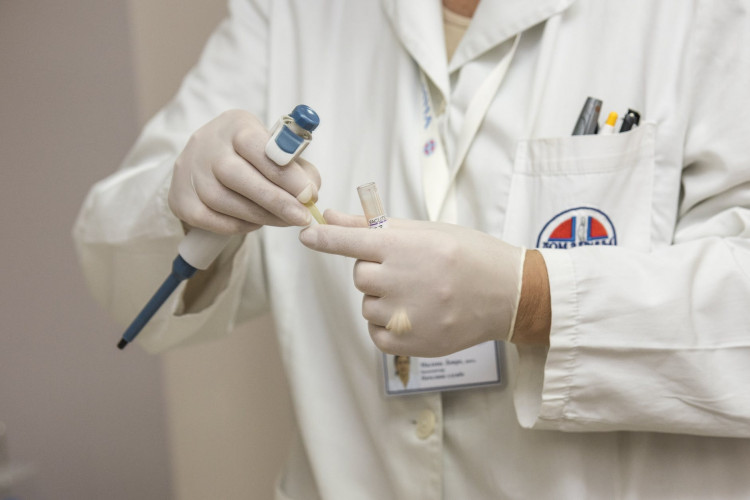Since the very day that the Amyotrophic Lateral Sclerosis (ALS) has been known to the world through a challenge that involves the pouring of ice cold water in the head, more and more people are becoming more aware of other rare diseases that are infecting millions of people. Unfortunately, though these people are already getting more aware of these diseases, not everyone is still open to the stories of the people suffering from it.
Pan Longfei, one of the twenty million Chinese who are suffering from rare diseases, shared a glimpse of his story in online news the South China Morning Post. In his testimony, he shared he is suffering from a disease called Kallmann syndrome, which prevents his body to go on puberty. This is the reason why he doesn't have armpit hair, beard, and Adam's apple despite being a 30-year-old man.
With his condition, he eventually acquired other diseases such as epilepsy, osteoporosis, and heart disease. But aside from the painful reality of his health condition, the one that hurts him the most is the bullying he often receives from different people due to his disease.
"They said I sounded like a girl," says Longfei as he narrated his usual scenario when he was still in school. He further shared that because of his feminine features, his classmates often bully him and make fun of him despite his health conditions.
Years passed, but his nightmares don't just end in school. Even until now, the same demons are still following his steps.
"When applying for a bank card, some tellers said I was a girl contradicting the male gender on my identity card. They refused to let me open a bank account", Longfei opened his heart out.
Aside from the emotional traumas most of the people suffering from these rare diseases are experiencing, these people are also prone to delay and inaccurate diagnosis, and also very costly treatment, as reported by the Financial Times. One of the reasons behind this is how most drug manufacturers wouldn't want to invest their resources in catering medication to such a small group of people.
Statistics showed that among these patients with rare diseases, around 489 of them never received treatment because of their inability to afford it. It is also revealed that about 60% of them have been misdiagnosed before.
Some countries in China is doing great in answering the needs of these patients for an efficient, effective and low-cost medication. One of those countries is Taiwan, which is offering some treatment for certain rare diseases for free.






